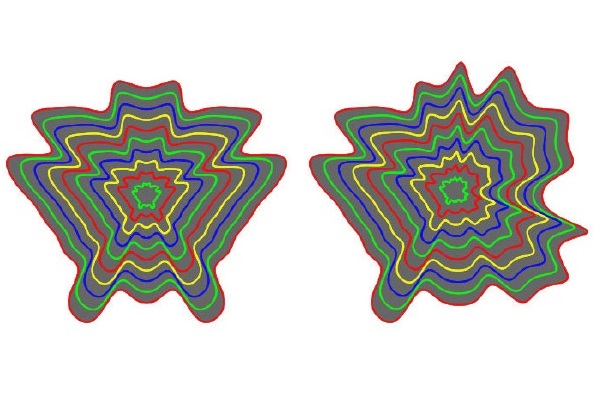
3rd Visual Properties Driving Visual Preference Workshop
- 01517942954
- Marco Bertamini
- Suitable for: All
- Admission: Free
- Book now
Add this event to my calendar
Click on "Create a calendar file" and your browser will download a .ics file for this event.
Microsoft Outlook: Download the file, double-click it to open it in Outlook, then click on "Save & Close" to save it to your calendar. If that doesn't work go into Outlook, click on the File tab, then on Open & Export, then Open Calendar. Select your .ics file then click on "Save & Close".
Google Calendar: download the file, then go into your calendar. On the left where it says "Other calendars" click on the arrow icon and then click on Import calendar. Click on Browse and select the .ics file, then click on Import.
Apple Calendar: The file may open automatically with an option to save it to your calendar. If not, download the file, then you can either drag it to Calendar or import the file by going to File >Import > Import and choosing the .ics file.
What are visual properties that drive visual preference? So far we have explored the following: Symmetry / Fractal Dimension / Natural statistics / Smooth curvature However, we are open to hear new ideas, including sceptical views about the possibility to isolate factors that determine preference. In addition to scientists we have had artists in attendance, and also collaborators from outside academia (Unilever R&D, FACT).
This year the VPDVP will segue into a workshop on the Neuroscience of Symmetry, funded by the Experimental Psychology Society (EPS). Symmetry is a linking theme for both days.
Both scientists and artists have wondered why symmetry is appealing and this topic has been studied empirically for over a century. In the last decade there has been substantial progress in understanding the neural basis of symmetry perception, although many questions still remain. The workshop brings together many of the leading scientists working on symmetry perception and neuroscience.
The workshop is free, but please register by e-mailing marcob@liverpool.ac.uk or mbrxgam4@liverpool.ac.uk
